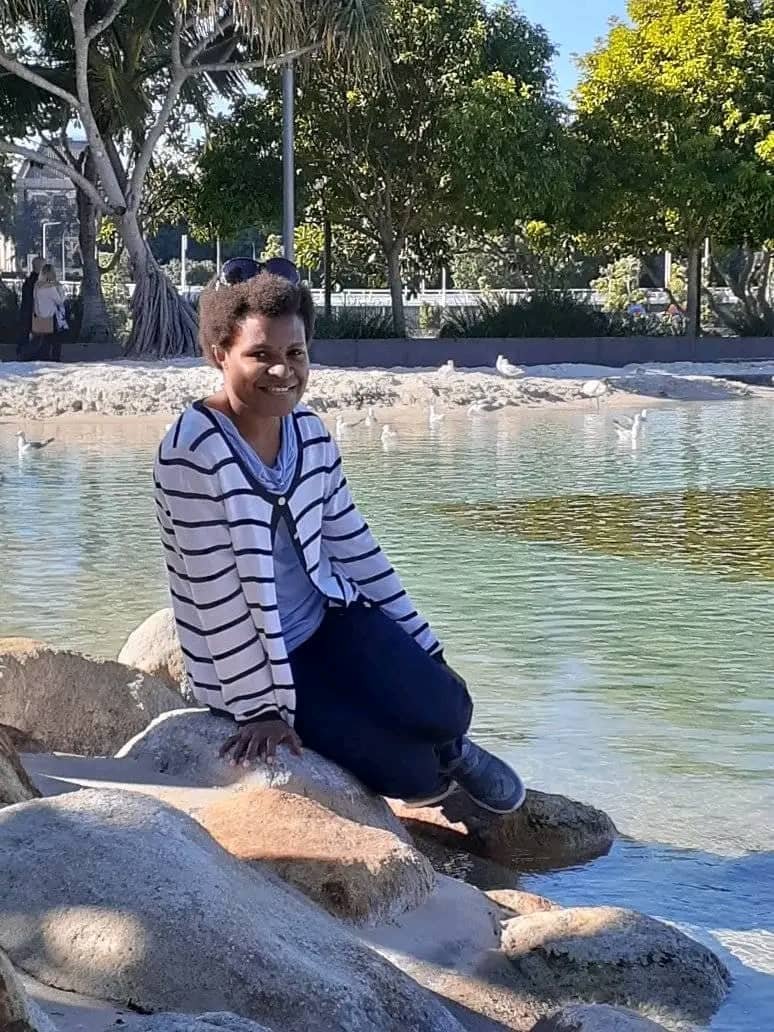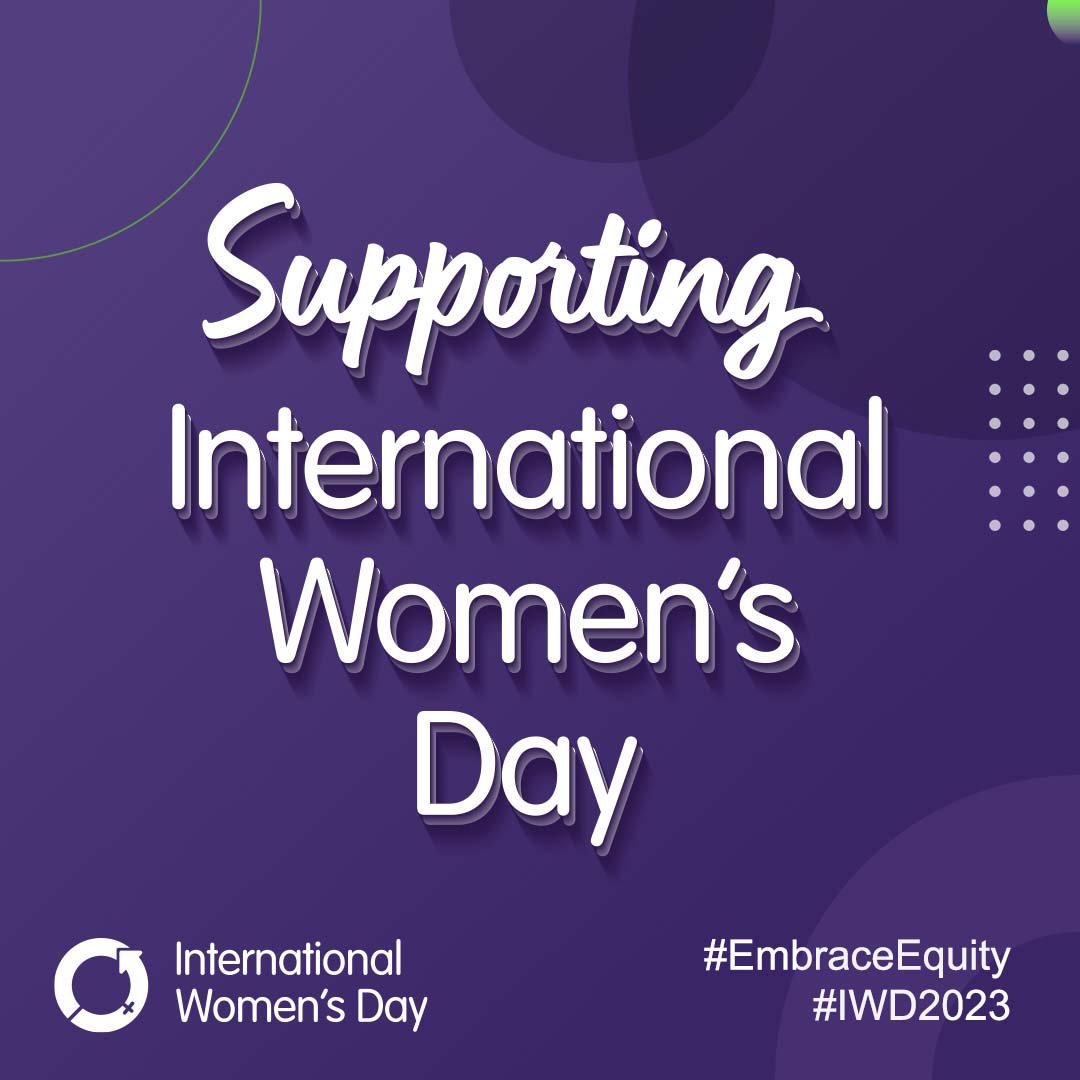“One size does not fit all” - Kelitha Malio #IWD2023
Collated by Rachel Mather – Epidemiologist at Field Epi in Action
Introduction
At Field Epi in Action, we are thinking about one of the themes for this year’s International Women’s Day: Embrace Equity. Equity is a core value of our team, and broadly, we see that as people’s needs are different, we have a responsibility to commit to meeting these needs with impartiality and fairness. The World Health Organization (WHO) goal of Health For All has become something of a slogan for the global health community, and its premise is that every single person is worthy of health. Health for the whole array of humans – diverse cultures, genders, locations, abilities – the whole spectra of diversity! Such an outcome can only be achieved through embracing equity; through striving to realise health for every context and personal circumstance. But in recent years, the conversation has turned to be one of deeper self-reflection: if global health leadership does not reflect the wider population – let alone the wider global health workforce – how can we achieve health for all? Currently, the global health workforce is largely women – 70% of the frontline is women. Yet women occupy just 25% of global health leadership. And so, in our own domain of global health, FEiA is working with the field epidemiology community to understand how women can be centred: in training, in professions and in leadership. It will be years before we’re able to understand the full story of gender equity in field epidemiology, so for this International Women’s Day, we spoke with four team mates to hear their perspectives on Embrace Equity.
Happy International Women’s Day!
Interview with Kelitha
Kelitha Malio is the Convenor for PNG’s Frontline program, which takes a One Health approach to training – including people from public health, animal and environmental health sectors. She says, “I think we have to embrace each individual as they are because everyone is unique in their own ways in terms of their abilities and ideas. I believe that we can accomplish great things when we welcome diversity of thoughts. If we want to embrace equity, we need to do a lot of awareness so as to educate the people in our society so they can realise that not everyone comes from or have the same background and experiences. And that must be taken into consideration to determine the resources and support that each one of us need to succeed. In other words, one size does not fit all.”
Kelitha draws upon her experience of the Frontline program to demonstrate this. “We have participants coming from different sectors – public health, animal health and environmental health. Our participants or fellows have really enjoyed working and learning from each other".
“I think we have to embrace each individual as they are because everyone is unique in their own ways in terms of their abilities and ideas".
Continuing to reflect on her field of work, she says, “When at work in the field or in the office, I think that embracing equity is the path to an equal world. Diversity and inclusion will not work unless there is equity of treatment and access to opportunity for all. We need to look at the systems, processes and norms that prevent full participation of individuals, especially for women. As a woman serving in a leadership role, I try to show up as a leader with a proactive approach to embracing diversity, instead of reacting after problems when they arise. I have to model how I confront bias, stereotypes, and discrimination when out in the field and in my workplace. I believe we can support women to be embraced in their field by commending them of their achievements, whether big or small. Besides, we need to acknowledge them and reassure them to pursue their passions, and to prosper in life.”
About Field Epi in Action
We facilitate proven high impact intervention-based field epidemiology training, designed to develop work-ready graduates equipped with the necessary tools to support outbreak detection and response.


